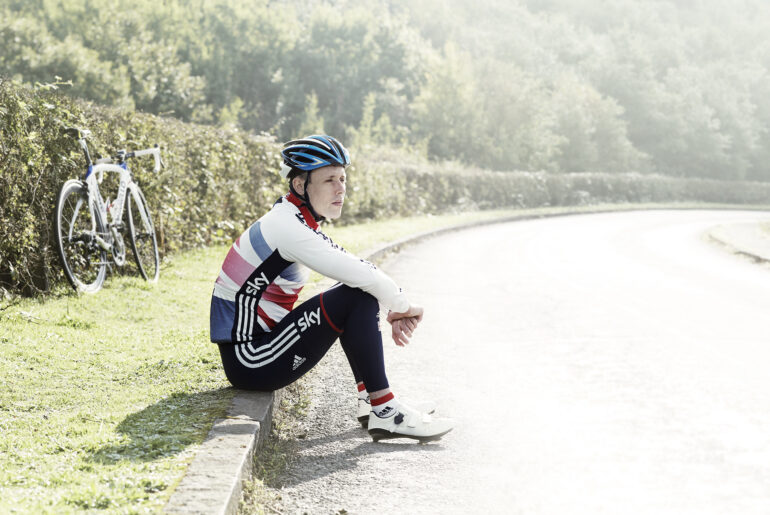
The start of British Summer time is upon us. Over the weekend of March 25th and 26th the clocks will spring forward to signal the transition to longer evenings. The length of each day will not change but sunrise and sunset will appear an hour later.
The idea of summertime was first mooted in 1784 but was not adopted in Britain until 1916. Most of northern Europe has followed suit but the debate still rumbles on – should we continue to observe the clock change?
It was trialled between 1968 and 1971 when the clocks only went forward but the evidence to support either camp was impossible to determine.
Those are the facts but what does that mean for cyclists? Perhaps not as much as we would hope for given the current forecast but were that to change then the outlook is much rosier. The initial benefit of the clocks going forward is more daylight in the evenings. That will not mean an immediate introduction of sunshine and an ability to head out in shorts and short sleeve jerseys. But there is that sense of winter ending and the start of that romantic notion that we will have months of endless summer evenings and hazy sunshine to look forward to.
Optimism is not without foundation. Temperatures average in the mid-teens, the saying April Showers gets banded around but are not noticeably higher than March or May. The most telling statistic is the number of hours of sunshine hours, up from a paltry 126 hours on average in March to a significant 178 hours in April (based on London stats on weather-and-climate)
So, there you have it, non-committal but a distinct chance of brighter, maybe even warmer weather over the next few months. We might lose an hour of sleep this weekend, but it will be worth it for the extra daylight hours in the evening. It might not be warm enough to don the short sleeve jerseys just yet, but you can certainly do your research.






